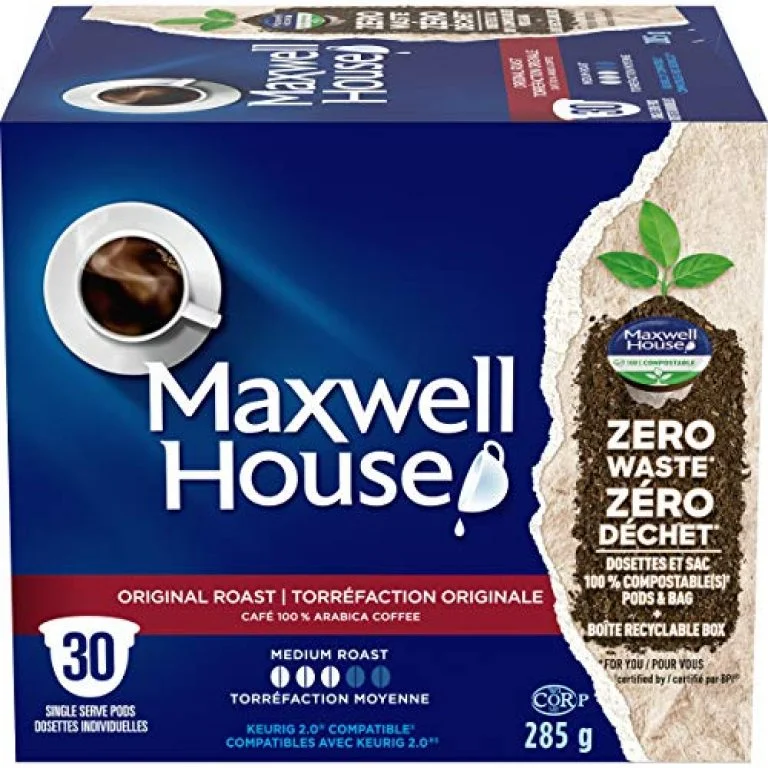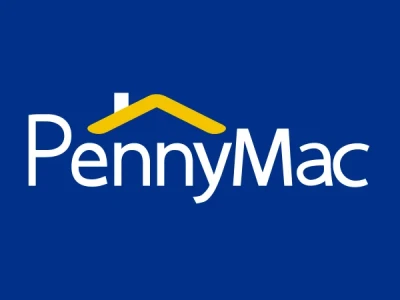The Silence of the Sirens: Why the Maxwell House Name Change is the Most Important Non-Event of 2025
There are moments that feel like the tectonic plates of culture are shifting beneath our feet. Sometimes they announce themselves with a roar—a breakthrough in AI, a mission to Mars. And sometimes, they arrive in absolute, deafening silence.
Last week, on October 2nd, a titan of the 20th century quietly announced it was changing its identity. Maxwell House, a name etched into the American consciousness for 133 years, is getting a new one. This is the brand of percolators hissing on stovetops in black-and-white sitcoms, the familiar blue can that was a permanent fixture in our grandparents’ pantries. For over a century, its identity was as solid and dependable as the morning sunrise it was meant to accompany. A change of this magnitude should have been an earthquake. It should have launched a thousand think-pieces, ignited cable news debates, and sent social media into a nostalgic frenzy.
Instead, there was… nothing.
I read the initial report and, driven by a researcher’s curiosity, scrolled down to the comment section to gauge the public’s reaction. What I found was a single, stark sentence from the moderators: "No one seems to have shared their thoughts on this topic yet."
A void. An absolute vacuum where a firestorm should have been. My first thought was, have we become that jaded? That disconnected? But then, a different idea began to form, a thrilling and profound realization. When I first connected the dots, I honestly just sat back in my chair, speechless. This silence isn't a sign of apathy. It's a signal flare announcing our arrival in a new world.
When the Cathedrals of Commerce Fall Silent
The Crumbling of the Cathedrals
To understand the significance of this non-event, you have to understand what a brand like Maxwell House once represented. Think of the great 20th-century brands—Folgers, Kraft, General Motors—as cathedrals. They were monolithic institutions built over generations, towering over the cultural landscape. They dictated taste, shaped identity, and broadcast their gospels from the high pulpits of television and print. We were the congregation. We bought `Maxwell House coffee on sale`, clipped `Maxwell House coffee coupons`, and our biggest choice was between their can of `instant coffee` and the one from `Folgers coffee`. The brand was the story, and we were just living in it.
What we are witnessing now is the quiet, peaceful, and definitive end of that era. This isn't just about coffee, it's a signal that the entire architecture of our consumer culture is being rebuilt in real-time by millions of individual choices every second and the old gatekeepers who spent a century building their empires are discovering their walls were made of sentiment, not stone. The internet, social media, and the creator economy—these are our modern printing presses. They didn't just give everyone a voice; they gave everyone a choice. They decentralized authority.

The power of a brand used to be measured by its broadcast signal—how loudly it could shout its name. Now, true influence is measured by the quality of its network—how authentically it connects with individuals. This involves a concept called brand equity—in simpler terms, it’s the trust and recognition a company builds over decades. That equity used to be an impenetrable fortress. Today, it’s more like a shared public park, open to all, where its value is determined by the people who choose to spend their time there.
The `new name for Maxwell House coffee` (details of which remain scarce) is ultimately irrelevant. Because the very idea that a top-down name change from a corporate boardroom could command our collective attention is a relic of a bygone age.
This is the kind of breakthrough that reminds me why I got into this field in the first place. We are watching the peaceful obsolescence of a power structure. The transition is so natural, so deeply embedded in our new way of life, that it doesn't even make a sound. We’re not angry. We’re not celebrating. We’re just busy. Busy discovering a local roaster on Instagram, ordering specialized `Maxwell House coffee pods` that fit our specific machine, or following a YouTuber’s `Maxwell House coffee review` of their international blends. The brand is no longer a grand mansion on a hill; it’s a single `maxwell apartment` in a city of millions, each with its own story.
And here, we must pause for a moment of ethical consideration. With this new power comes new responsibility. If the old cathedrals no longer hold sway, it is up to us to decide what to build in their place. Who do we give our attention and our resources to? We are no longer passive consumers; we are active curators of our own culture. That is a thrilling and vital role to play.
So, where is the chorus of excitement I usually point to? Where are the Reddit threads buzzing with optimistic energy? They are in the silence. The most hopeful comment section is the empty one. It is evidence of a population that is no longer sitting around waiting to be told what to think about the branding of their coffee.
They are out there, living. They are building businesses, creating art, and brewing coffee that they chose, on their terms. The question is no longer “`who owns Maxwell House coffee`?” The question is, “What are you creating today?” What world are you building with your choices?
---
The Post-Brand Era is Here
The silence surrounding Maxwell House isn’t an ending. It’s a beginning. It’s the sound of millions of people quietly and confidently taking control. The old gods of the marketplace haven't been slain in a bloody revolution; they've simply been rendered irrelevant by a world that has outgrown the need for them. We are the ones we've been waiting for. Welcome to the age of you.
Reference article source:

